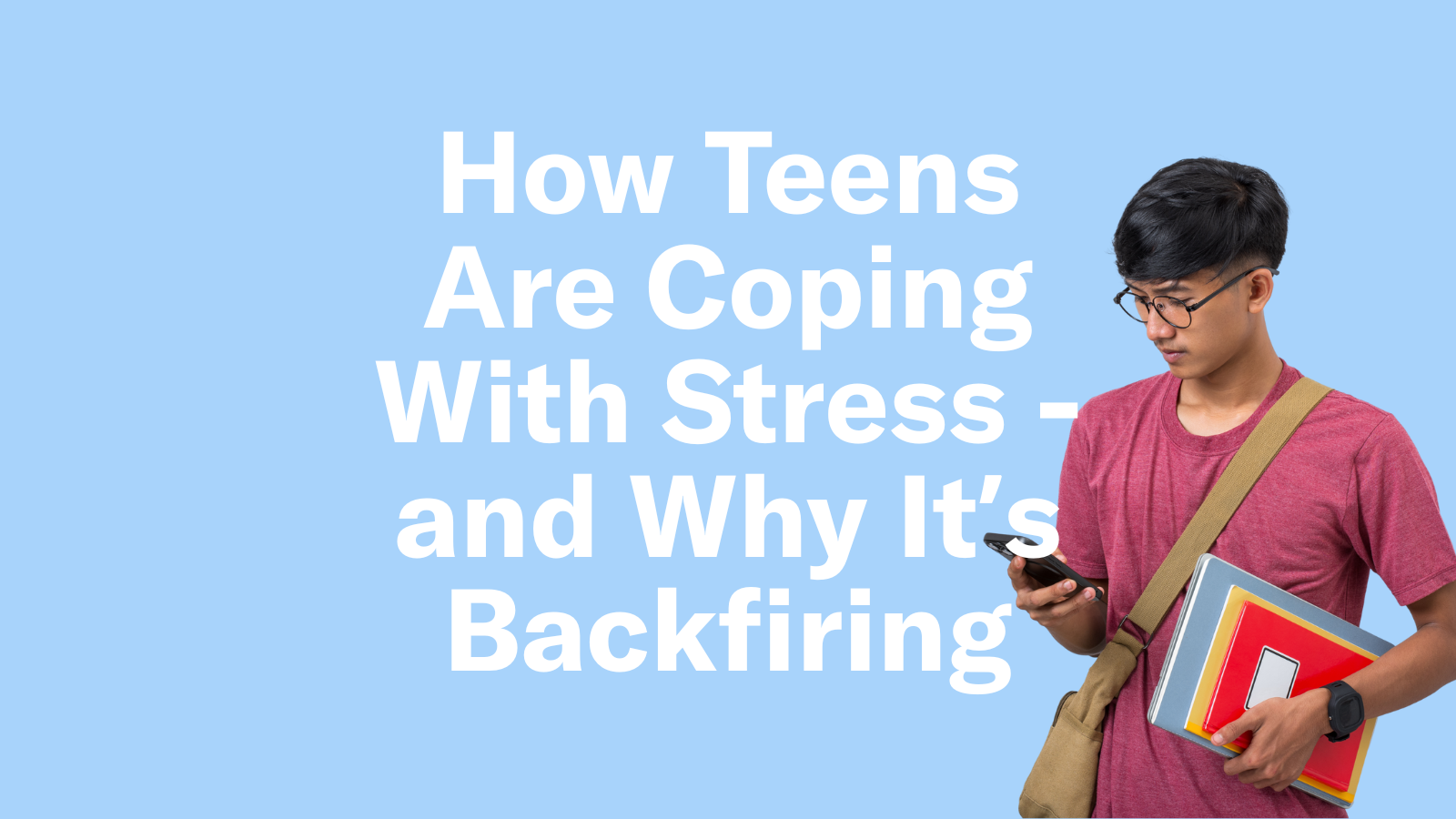by PATTIE NEIGHMOND | FEB 13 2017
It’s tough to be a teenager. Hormones kick in, peer pressures escalate and academic expectations loom large. Kids become more aware of their environment in the teen years — down the block and online. The whole mix of changes can increase stress, anxiety and the risk of depression among all teens, research has long shown.
But a recent study published in the journal Pediatrics suggests many more teenage girls in the U.S. may be experiencing major depressive episodes at this age than boys. And the numbers of teens affected took a particularly big jump after 2011, the scientists note, suggesting that the increasing dependence on social media by this age group may be exacerbating the problem.
Psychiatrist Ramin Mojtabai and colleagues at Johns Hopkins University Bloomberg School of Public Health wanted to know whether rates of depression among teens had increased over the past decade. They analyzed federal data from interviews with more than 172,000 adolescents. Between 2005 and 2014, the scientists found, rates of depression went up significantly — if extrapolated to all U.S. teens it would work out to about a half million more depressed teens. What’s more, three-fourths of those depressed teens in the study were girls.
Continue reading the full article here.





